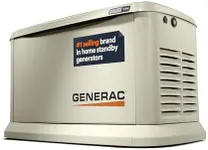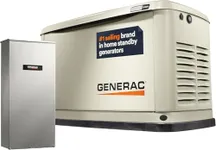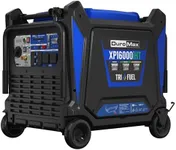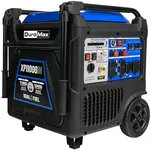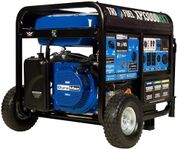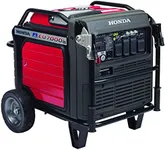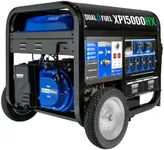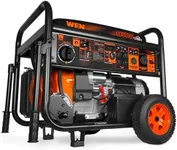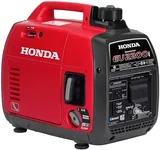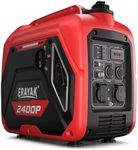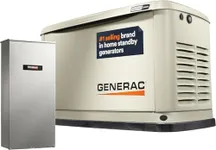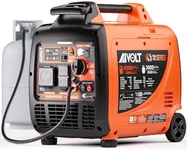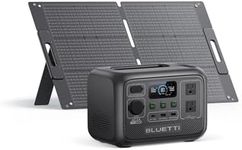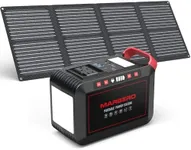Buying Guide for the Best Generators
Choosing the right generator can make it much easier to handle power outages, run equipment at job sites, or even enjoy comforts during camping trips. To find the best fit for your needs, it's important to understand the key specifications that affect how a generator will perform in different situations. Each user's main need—whether it's for emergency home backup, powering tools, or recreational use—should guide their decisions as they compare different options.Power Output (Wattage)Power output, measured in watts, tells you how much electrical equipment your generator can run at once. This spec is crucial because using a generator that's too small for your needs can lead to overloaded circuits, while buying one much larger than required means unnecessary size and maintenance. Power output is usually divided into 'starting watts' (the initial burst needed for appliances like fridges to kick on) and 'running watts' (the steady power required). For light, occasional use like camping, small generators around 1,000-2,000 watts may suffice. Medium duty, such as running a few household essentials or some tools, often needs 3,000-5,000 watts. Heavy duty, like whole house backup or construction jobs, usually begins at 6,500 watts and up. To choose, list out what you want to run and check their wattages to find the right fit.
Fuel TypeGenerators run on fuels like gasoline, diesel, propane, or even dual-fuel combinations. Each has its pros and cons in terms of availability, storage, and long-term maintenance. Gasoline is easy to find and portable but spoils over time and needs more frequent maintenance. Diesel engines are more robust for heavy, prolonged use but generally louder and heavier. Propane stores well for longer periods and burns cleaner, making it popular for occasional or emergency use. Some models can switch between fuels, offering flexibility. When deciding, think about how often you'll use the generator and which fuels are most convenient and safe for you to store and access.
Run TimeRun time measures how long a generator can operate on a single tank of fuel at a specified load (usually half capacity). This spec matters because longer run times mean fewer interruptions to refuel, which can be essential during outages or long events. Short run time (around 4-6 hours) might be enough for camping or intermittent use, while 8-12 hours or more is more comfortable for overnight backup or all-day job sites. Match this to your expected usage pattern; if you need to run things overnight, look for longer run times at your typical load.
PortabilityPortability describes how easy it is to move the generator. Small, lightweight models with handles are great for outdoor recreation or occasional use, while larger, heavier units may have wheels and sturdy frames for mobility on job sites or around the home. If the generator is mostly staying in one place for emergencies, weight might not matter much; but if you plan to move it often, check the weight and ensure it has features like wheels or ergonomic handles.
Noise LevelNoise level, measured in decibels (dB), tells you how loud the generator will be running, which can affect your comfort and local regulations. Quiet generators (below 60 dB) are more suitable for camping, RVs, or residential neighborhoods, while construction site models can be much louder (70 dB and above). If you need peace and quiet or will be using it near other people, focus on lower-noise options; for remote or outdoor work, higher noise may not be as important.
Outlets and ConnectivityDifferent generators offer various combinations of outlets, such as standard household, RV, twist-lock, or USB types. Some models also include features like parallel connections (to link two generators for more power) or transfer switch compatibility for easier home backup. The right choice depends on what you need to plug in: For electronics, look for pure sine wave or inverter generators; for direct home connection, ensure the generator meets relevant safety and transfer switch requirements.
